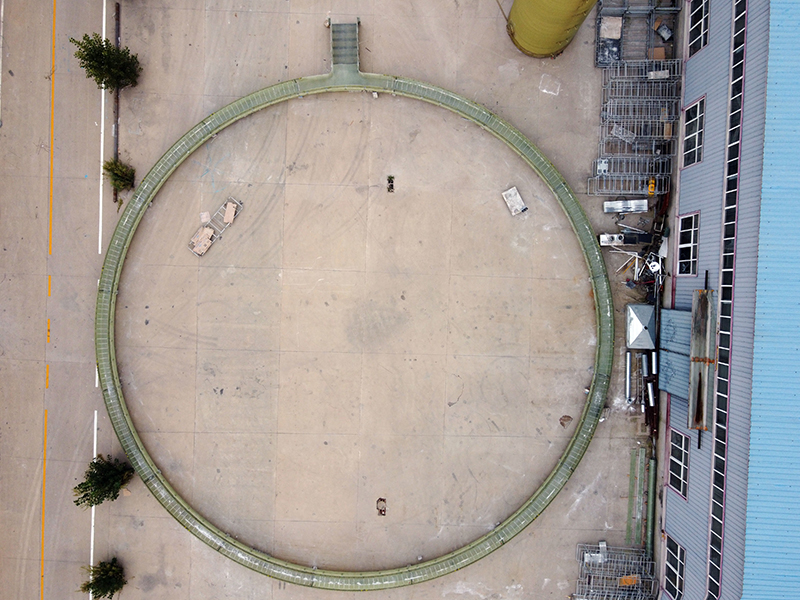
-
 Afrikaans
Afrikaans -
 Albanian
Albanian -
 Amharic
Amharic -
 Arabic
Arabic -
 Armenian
Armenian -
 Azerbaijani
Azerbaijani -
 Basque
Basque -
 Belarusian
Belarusian -
 Bengali
Bengali -
 Bosnian
Bosnian -
 Bulgarian
Bulgarian -
 Catalan
Catalan -
 Cebuano
Cebuano -
 China
China -
 China (Taiwan)
China (Taiwan) -
 Corsican
Corsican -
 Croatian
Croatian -
 Czech
Czech -
 Danish
Danish -
 Dutch
Dutch -
 English
English -
 Esperanto
Esperanto -
 Estonian
Estonian -
 Finnish
Finnish -
 French
French -
 Frisian
Frisian -
 Galician
Galician -
 Georgian
Georgian -
 German
German -
 Greek
Greek -
 Gujarati
Gujarati -
 Haitian Creole
Haitian Creole -
 hausa
hausa -
 hawaiian
hawaiian -
 Hebrew
Hebrew -
 Hindi
Hindi -
 Miao
Miao -
 Hungarian
Hungarian -
 Icelandic
Icelandic -
 igbo
igbo -
 Indonesian
Indonesian -
 irish
irish -
 Italian
Italian -
 Japanese
Japanese -
 Javanese
Javanese -
 Kannada
Kannada -
 kazakh
kazakh -
 Khmer
Khmer -
 Rwandese
Rwandese -
 Korean
Korean -
 Kurdish
Kurdish -
 Kyrgyz
Kyrgyz -
 Lao
Lao -
 Latin
Latin -
 Latvian
Latvian -
 Lithuanian
Lithuanian -
 Luxembourgish
Luxembourgish -
 Macedonian
Macedonian -
 Malgashi
Malgashi -
 Malay
Malay -
 Malayalam
Malayalam -
 Maltese
Maltese -
 Maori
Maori -
 Marathi
Marathi -
 Mongolian
Mongolian -
 Myanmar
Myanmar -
 Nepali
Nepali -
 Norwegian
Norwegian -
 Norwegian
Norwegian -
 Occitan
Occitan -
 Pashto
Pashto -
 Persian
Persian -
 Polish
Polish -
 Portuguese
Portuguese -
 Punjabi
Punjabi -
 Romanian
Romanian -
 Russian
Russian -
 Samoan
Samoan -
 Scottish Gaelic
Scottish Gaelic -
 Serbian
Serbian -
 Sesotho
Sesotho -
 Shona
Shona -
 Sindhi
Sindhi -
 Sinhala
Sinhala -
 Slovak
Slovak -
 Slovenian
Slovenian -
 Somali
Somali -
 Spanish
Spanish -
 Sundanese
Sundanese -
 Swahili
Swahili -
 Swedish
Swedish -
 Tagalog
Tagalog -
 Tajik
Tajik -
 Tamil
Tamil -
 Tatar
Tatar -
 Telugu
Telugu -
 Thai
Thai -
 Turkish
Turkish -
 Turkmen
Turkmen -
 Ukrainian
Ukrainian -
 Urdu
Urdu -
 Uighur
Uighur -
 Uzbek
Uzbek -
 Vietnamese
Vietnamese -
 Welsh
Welsh -
 Bantu
Bantu -
 Yiddish
Yiddish -
 Yoruba
Yoruba -
 Zulu
Zulu
Durable Fiberglass Solutions for Enhanced Corrosion Resistance in Various Applications
Corrosion Resistant Fiberglass A Durable Solution for Modern Applications
Corrosion is an ever-present challenge in various industries, significantly impacting the longevity and safety of infrastructure and equipment. Traditional materials such as metals often succumb to the destructive forces of rust and chemical degradation, leading to expensive repairs and replacements. In recent years, corrosion resistant fiberglass has emerged as a robust alternative, providing a solution that combines strength, durability, and versatility.
Corrosion resistant fiberglass, or fiberglass reinforced plastic (FRP), is a composite material made from a polymer matrix reinforced with glass fibers. This unique combination allows it to withstand harsh environmental conditions, including exposure to chemicals, moisture, and extreme temperatures. Unlike metals, fiberglass does not corrode over time, making it a highly sought-after material in industries like construction, chemical processing, and marine applications.
One of the primary advantages of fiberglass is its remarkable resistance to a wide array of corrosive agents. Chemicals such as acids, alkalis, and saltwater, which can wreak havoc on traditional materials, have little to no impact on fiberglass structures. This property makes fiberglass an ideal choice for applications in wastewater treatment plants, chemical storage tanks, and offshore structures, where exposure to harsh substances is a daily reality.
In addition to its chemical resistance, fiberglass boasts an impressive strength-to-weight ratio. This characteristic allows for the construction of lightweight yet sturdy components that are easier to handle and install than their metal counterparts. Consequently, industries can reduce overall project costs by minimizing labor and transportation expenses. Moreover, fiberglass components can be manufactured into intricate shapes and designs, offering greater design flexibility and innovation.
corrosion resistant fiberglass

Another significant benefit of corrosion resistant fiberglass is its low maintenance requirements. Traditional materials often require regular inspections, protective coatings, and, at times, complete replacements. However, fiberglass's inherent resistance to corrosion minimizes these needs, resulting in lower lifecycle costs. This makes it an appealing choice for long-term investments in infrastructure and equipment, especially in sectors where continuous operation is critical.
The manufacturing process of fiberglass also contributes to its environmental advantages. Many fiberglass products are created using recycled materials, promoting sustainability and reducing environmental impact. Additionally, fiberglass can be produced in facilities with lower energy consumption compared to traditional metal production, further enhancing its eco-friendly reputation.
However, it is essential to understand that fiberglass is not a one-size-fits-all solution. While it excels in many applications, there are situations where metals may be more appropriate due to specific mechanical properties or load-bearing requirements. Therefore, careful consideration must be taken when selecting materials for a project, ensuring that the best option is chosen based on the unique demands of the application.
In conclusion, corrosion resistant fiberglass represents a significant advancement in materials science, offering a durable, lightweight, and low-maintenance alternative to traditional materials. Its exceptional resistance to chemical corrosion makes it particularly suitable for use in industries prone to harsh environments. As industries continue to seek innovative solutions to combat corrosion and enhance the longevity of their infrastructure, fiberglass stands out as a capable contender. The combination of its strengths positions corrosion resistant fiberglass as a practical and sustainable choice for modern applications. By investing in fiberglass, industries can mitigate the challenges posed by corrosion, ultimately ensuring a safer and more efficient operational environment.









